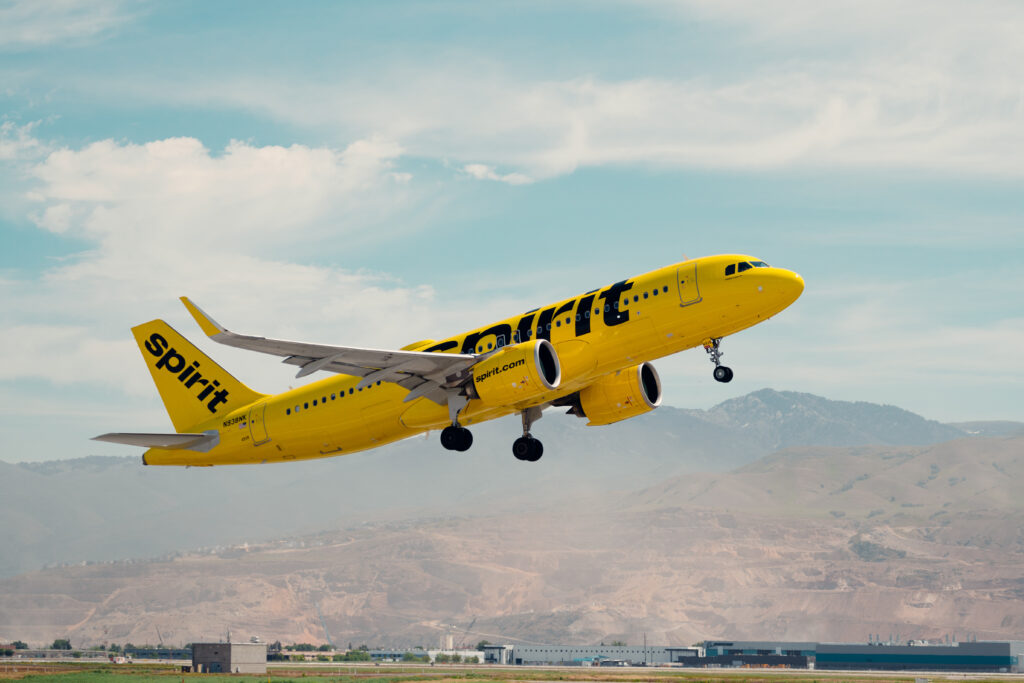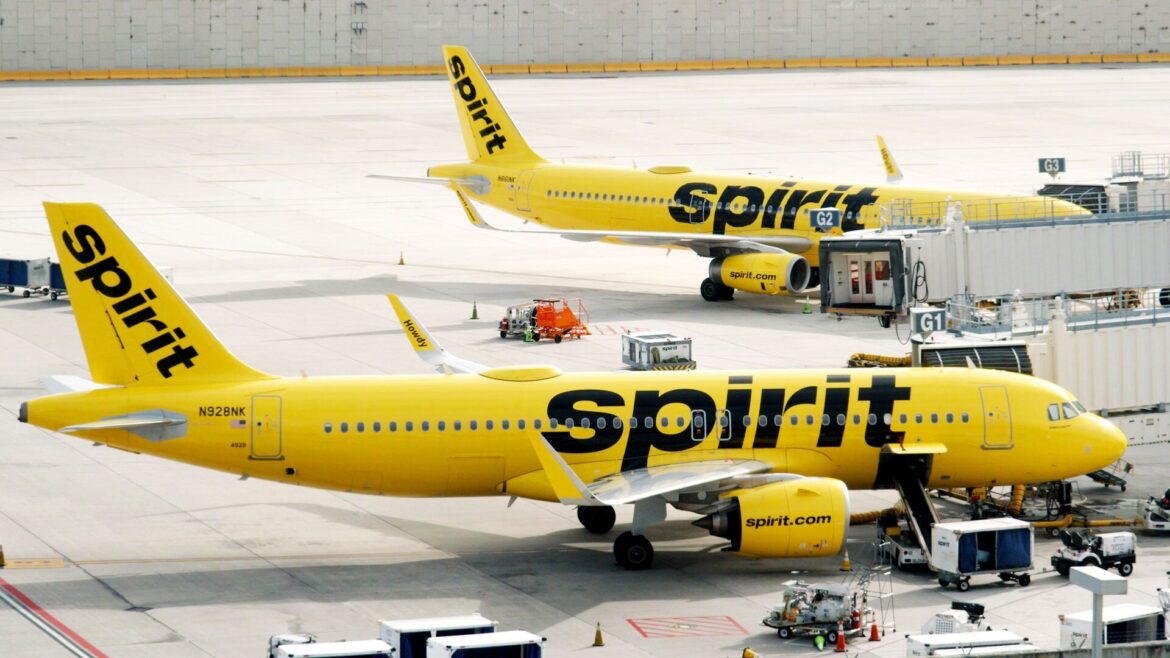Advertiser & Editorial Disclosure: The Bulkhead Seat earns an affiliate commission for anyone approved through the links below. This compensation may impact how and where links appear on this site. We work to provide the best publicly available offers to our readers. We frequently update them, but this site does not include all available offers. Opinions, reviews, analyses & recommendations are the author’s alone, and have not been reviewed, endorsed, or approved by any of these entities.
Spirit Airlines is once again staring down bankruptcy less than six months after emerging from its last court protection. The low-cost carrier is bringing in new advisers and warning that it may not survive another year without drastic action. According to The Wall Street Journal, Spirit has hired PJT Partners as a financial adviser to explore “strategic alternatives” while also working with consulting firms FTI and Seabury Airline Strategy Group. The move comes as Spirit grapples with a worsening cash situation and what it calls “substantial doubt” about its ability to continue on.
Spirit previously filed Chapter 11 bankruptcy in November 2024 and quickly exited in March 2025. The turnaround proved short-lived as its Q2 revenue of $1.02 billion was down more than 20% year over year (with a net loss of $246 million and an operating margin of -18.1%). This was a steep drop from last year’s already negative -11.9%.

Despite pulling down capacity by nearly 24% and cutting hundreds of jobs (including pilot furloughs and captain downgrades), Spirit remains mired in losses. Analysts note that it is extremely difficult for an airline to “shrink to profitability” given the weight of fixed costs and fewer seats. Once hailed as a pioneer of low-cost fares that stimulated demand from price-sensitive travelers, Spirit was long the envy of the industry with its high margins and low expenses. Shifting consumer preferences, pandemic-driven disruptions, and rising costs for fuel, planes, and labor have eroded its competitive advantage.
The carrier’s reputation has also suffered as surveys consistently rank it among the most disliked US brands. Spirit attempted to refresh its image by moving away from its a la carte model with rebranded bundles, extra-legroom seating, and renaming the Big Front Seats® as First Class. Those efforts have yet to win over passengers or stabilize finances. A proposed merger with JetBlue Airways was also blocked by the government last year.
Spirit has leaned heavily on debt and equity raises since the pandemic. It drew fully on a $275 million revolving credit line with Citibank and had to provide $50 million upfront to its credit card processing vendor to prevent the termination of that vital agreement. The revised deal requires Spirit to post an additional $3 million daily as collateral, but extends the contract to at least 2027.
For travelers, the financial uncertainty raises questions about its future. While Spirit continues to fly, customers are cautioned against booking travel too far in advance or hoarding points as the future is unknown.
Anthony’s Take: Spirit’s fate now rests on whether its restructuring advisers can engineer a lifeline. If they’re unsuccessful, Spirit will become a casualty of the shifting economics of budget air travel.
(Image Credits: Spirit Airlines.)
User Generated Content Disclosure: The Bulkhead Seat encourages constructive discussions, comments, and questions. Responses are not provided by or commissioned by any bank advertisers. These responses have not been reviewed, approved, or endorsed by the bank advertiser. It is not the responsibility of the bank advertiser to respond to comments.
Advertiser & Editorial Disclosure: The Bulkhead Seat earns an affiliate commission for anyone approved through the links above This compensation may impact how and where links appear on this site. We work to provide the best publicly available offers to our readers. We frequently update them, but this site does not include all available offers. Opinions, reviews, analyses & recommendations are the author’s alone, and have not been reviewed, endorsed, or approved by any of these entities.
